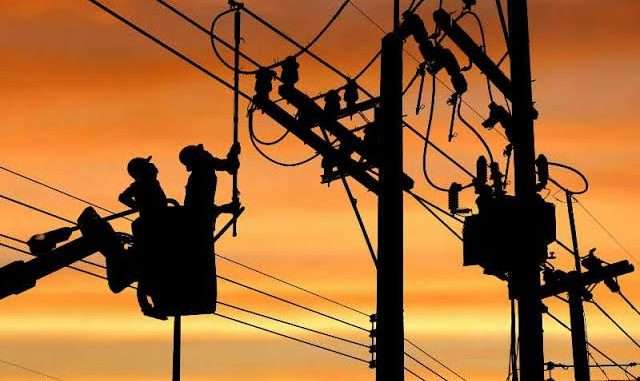
The Nigerian Government has announced plans to spend a whopping N2.4 trillion on electricity subsidies in 2025.
The monthly expenditure of over N200 billion on electricity subsidies is equivalent to the government’s current
In a statement by Olu Arowolo Verheijen, The Special Adviser to the President on Energy, revealed that much of the subsidy benefits the wealthiest 25% of Nigerians, rather than those who truly need assistance.
In order to address this imbalance, the government is working towards a targeted subsidy system to ensure that low-income households receive the most support.
Furthermore , on the subsidy, the government is also addressing the issue of legacy power debt, which has hindered investments in new infrastructure and improved service delivery.
The government is committed to ensuring that reforms in the power sector lead to tangible improvements in people’s daily lives.
Some experts have suggested that the electricity privatization done under former President Goodluck Jonathan should be reviewed, as the private companies running the national electricity businesses are allegedly fleecing the government and populace
On the settlement of legacy power debt, the Special Adviser pointed out that the government was addressing one of the major roadblocks to improved service, which was the mounting debts owed to power generation companies (Gencos).He said:
“For years, these debts have prevented investments in new infrastructure and hampered efforts to improve electricity supply.
By clearing these outstanding obligations, the government is ensuring that power companies can reinvest in better service delivery, stronger infrastructure and a more stable electricity supply for all Nigerians.
”Also, as part of broader plans to reduce costs for alternative power generation, she said the government was introducing a range of fiscal incentives, including VAT and Customs duty waivers, while also working to lower the cost of alternative power sources such as Compressed Natural Gas (CNG) and Liquefied Petroleum Gas (LPG).
“The government fully understands the economic realities facing citizens and is committed to ensuring that reforms in the power sector lead to tangible improvements in people’s daily lives. Every policy is designed with the Nigerian people in mind — eliminating unfair estimated billing, ensuring that subsidies benefit the right people, and creating the conditions for stable, affordable electricity.
These reforms are laying the foundation for better service delivery, expanded access to electricity for homes and businesses, and unlocking prosperity for all Nigerians.
”Verheijen also gave an update on the Presidential Metering Initiative (PMI), which is set to accelerate the nationwide rollout of 7 million prepaid meters, starting this year.
This, she said, will finally put an end to the practice of estimated billing, giving consumers confidence in what they are paying for and ensuring transparency in electricity charges. She added that the metering plan will also improve revenue collection across the sector and attract the investments needed to strengthen Nigeria’s power infrastructure.
The Special Adviser clarified a recent statement credited to her and suggesting an increase in electricity tariff by 65 percent.“It has become necessary to clarify media reports (not Daily Sun) suggesting an imminent 65 percent increase in electricity tariffs. This is a misrepresentation of what I actually said in a recent press interview.
I highlighted the fact that, following the increase in Band A tariffs in 2024, current tariffs now cover approximately 65 percent of the actual cost of supplying electricity, with the Federal Government continuing to subsidize the difference.
Also, while the government is indeed committed to ensuring fairer pricing over the long term, the immediate focus is on taking decisive action to deliver more electricity to Nigerians, ensure fewer outages, and guarantee the protection of the poorest and most vulnerable Nigerians.
